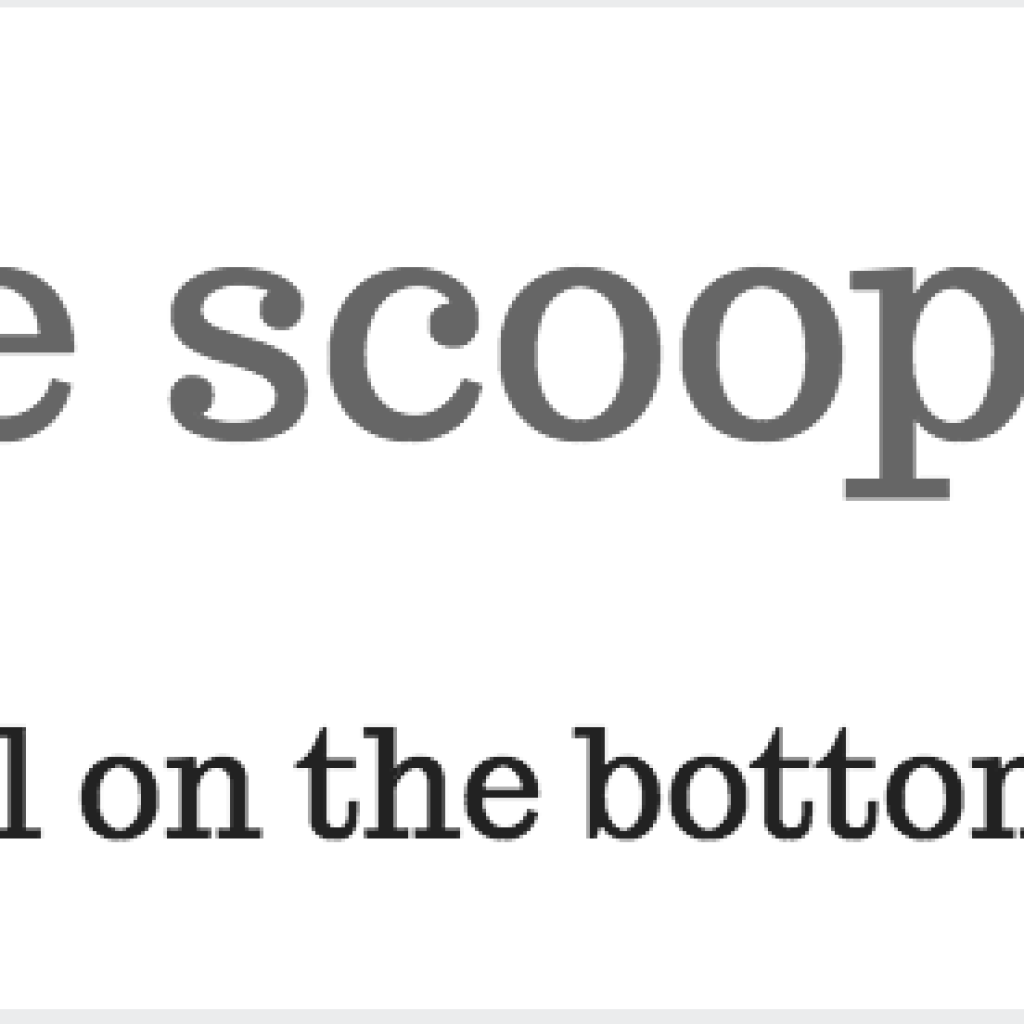French inflation accelerated more than anticipated in August, primarily due to a drop in food inflation that was outweighed by increased energy costs, according to initial EU-harmonized official data revealed on Thursday. The Insee statistical agency stated that French consumer prices rose to a 12-month inflation rate of 5.7% from July’s 5.1%.
Insee attributed this rise to the surge in energy prices, as both regulated electricity expenses and oil prices experienced an uptick. Energy costs surged by 6.8% in August, in contrast to a 3.7% decline in July. Although the growth of food prices, a closely monitored aspect in discussions about inflation, was slower than that of July, it still registered a double-digit increase at 11.1%. This decline in food price inflation is seen as positive news for the government, concerned that high food costs might erode delicate consumer confidence. Yet, it remains nearly twice the overall inflation rate.
Meanwhile, efforts have been underway in Paris to pressure supermarkets and their suppliers to lower prices for essential goods, with representatives scheduled to confer with ministers this week. Moreover, there was a deceleration in the rate of price increase for manufactured goods and services.
ECB’s dependency on French inflation data in coming meeting
Accompanied by Wednesday’s reports indicating that inflation remained above 6% in Germany and accelerated to 2.4% in Spain, policymakers now possess an emerging understanding of persistent strength in consumer prices across three of the four largest units in the region.
Members of the ECB Governing Council have highlighted the significance of the inflation data in the lead-up to the decision on September 14th. This decision revolves around whether to continue raising rates for the tenth consecutive meeting or temporarily pause their historic tightening campaign.
The figures due later on Thursday are of utmost importance for the entire eurozone. Economists expect these figures to reveal underlying price growth, excluding volatile components like energy. This growth is anticipated to remain above 5%, more than twice the pace policymakers target.
Simultaneously, Italy is set to release its inflation report alongside the euro-area data. Economists estimate a slowdown to 5.6%. Earlier the same day, Dutch statisticians disclosed that price growth in the Netherlands stood at 3.4%.
Escalating food prices is a common concern for all European governments, with blame being traded between retailers and consumer goods groups. Following discussions with top retailers on Wednesday, French Finance Minister Bruno Le Maire is scheduled to talk with industrial suppliers on Thursday to explore ways to expedite price reductions. The surge in energy prices is attributed to higher oil product prices and the partial removal of price caps on electricity, as stated by Insee.
The ECB is grappling with whether inflation remains excessively strong to risk halting tightening efforts or if the economy is already sufficiently weakened to naturally slow down price growth.
ECB’s final decision still uncertain
The ECB’s impending decision in exactly two weeks seems to be building up as a suspenseful event. Austria’s Robert Holzmann, known for his hawkish stance, has indicated his potential support for a rate hike “if there aren’t any major surprises.”
Meanwhile, Finnish official Tuomas Valimaki has told reporters this week that the outcome remains uncertain. ECB President Christine Lagarde has refrained from indicating her preference, except for her recent comment alluding to an undefeated quality.
The officials advocating to maintain the current rates will likely underscore the prevailing economic gloom. France is grappling with similar economic weaknesses as its neighboring countries. While Thursday’s data confirmed a 0.5% expansion in the second quarter, economists project a mere 0.1% growth in the upcoming three months until September.
Recent business sentiment indexes have revealed worse contractions in private-sector activity than anticipated. Companies have indicated a decline in demand and reported reductions in order backlogs. Service sector output experienced the swiftest decline in 2 1/2 years, while manufacturing declined for the seventh consecutive month.





